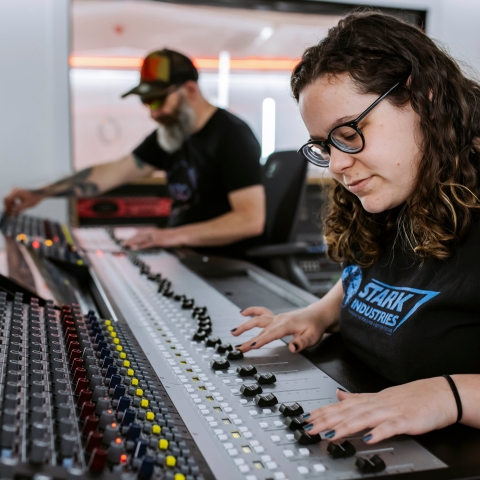
This career guide is designed to help University of Portsmouth students and recent graduates explore job options, key employers, and entry routes into the music sector.
Enable University alerts
Turn on notifications for critical updates like closures, safety alerts, and urgent service disruptions.









